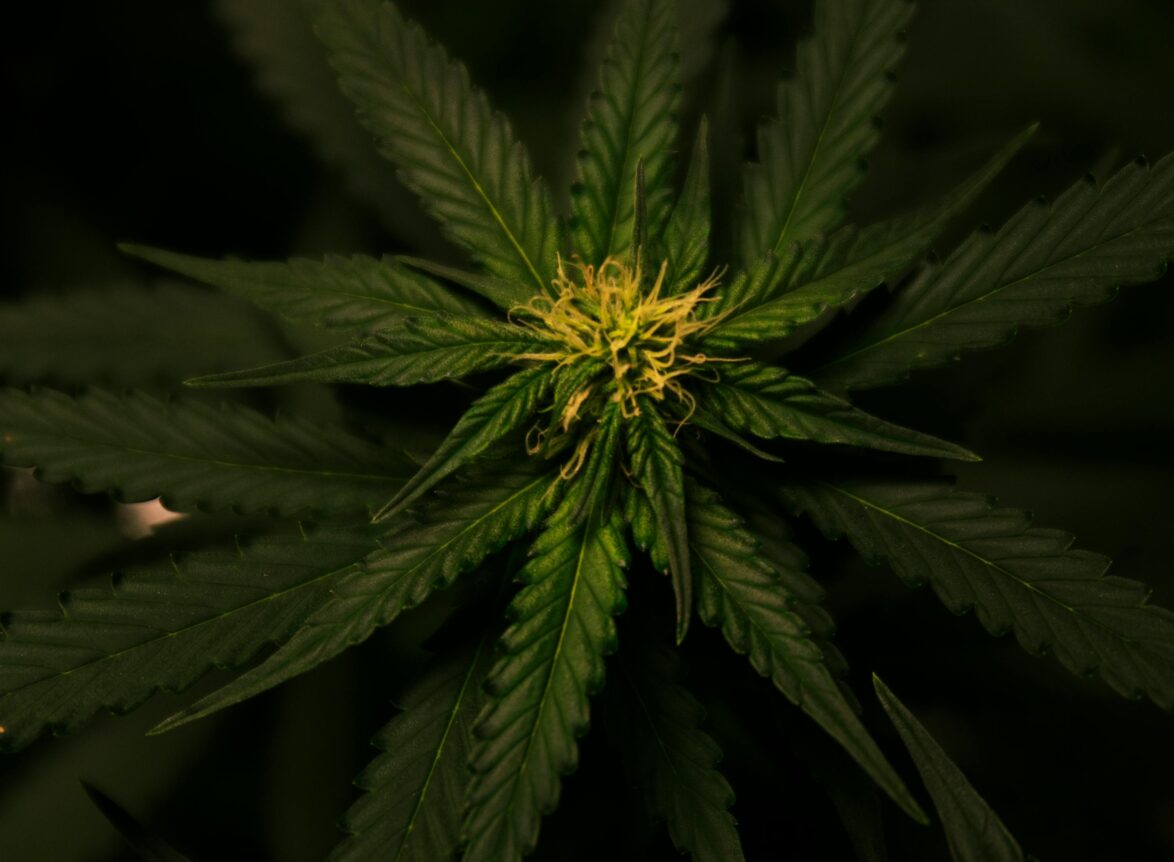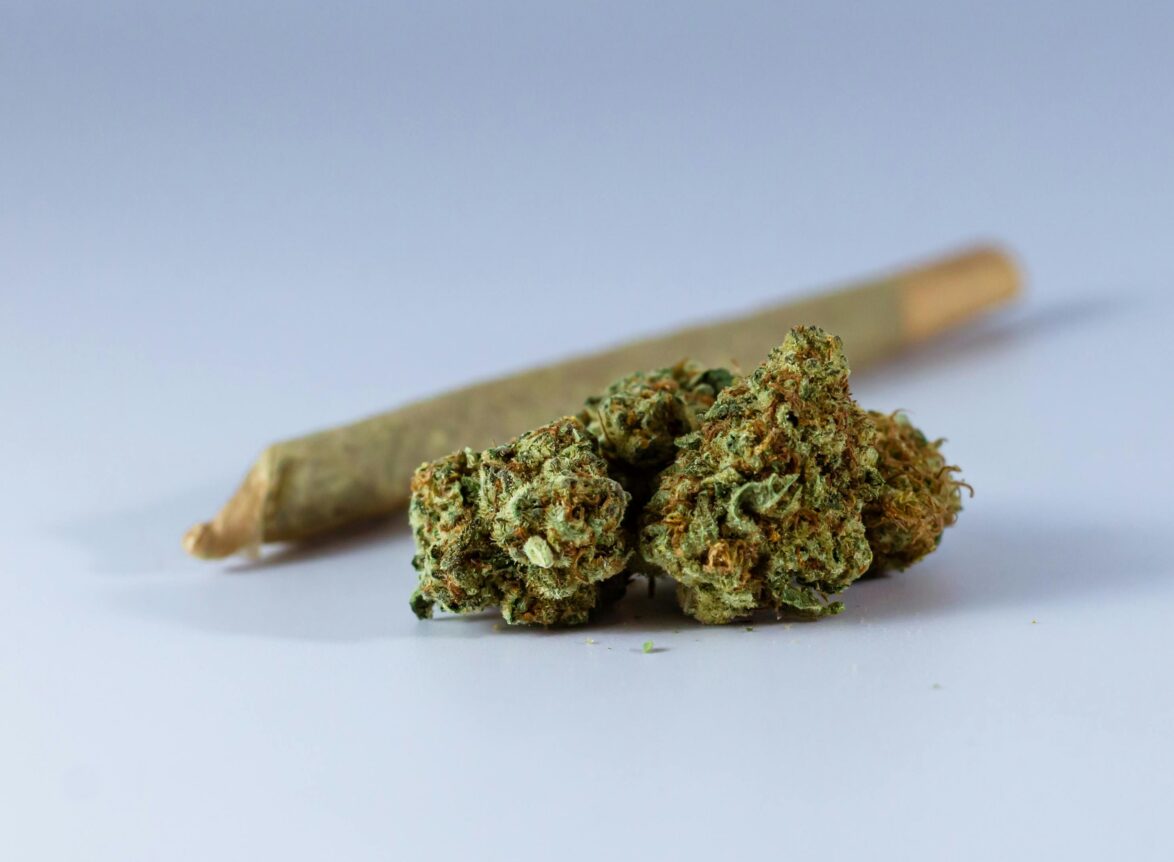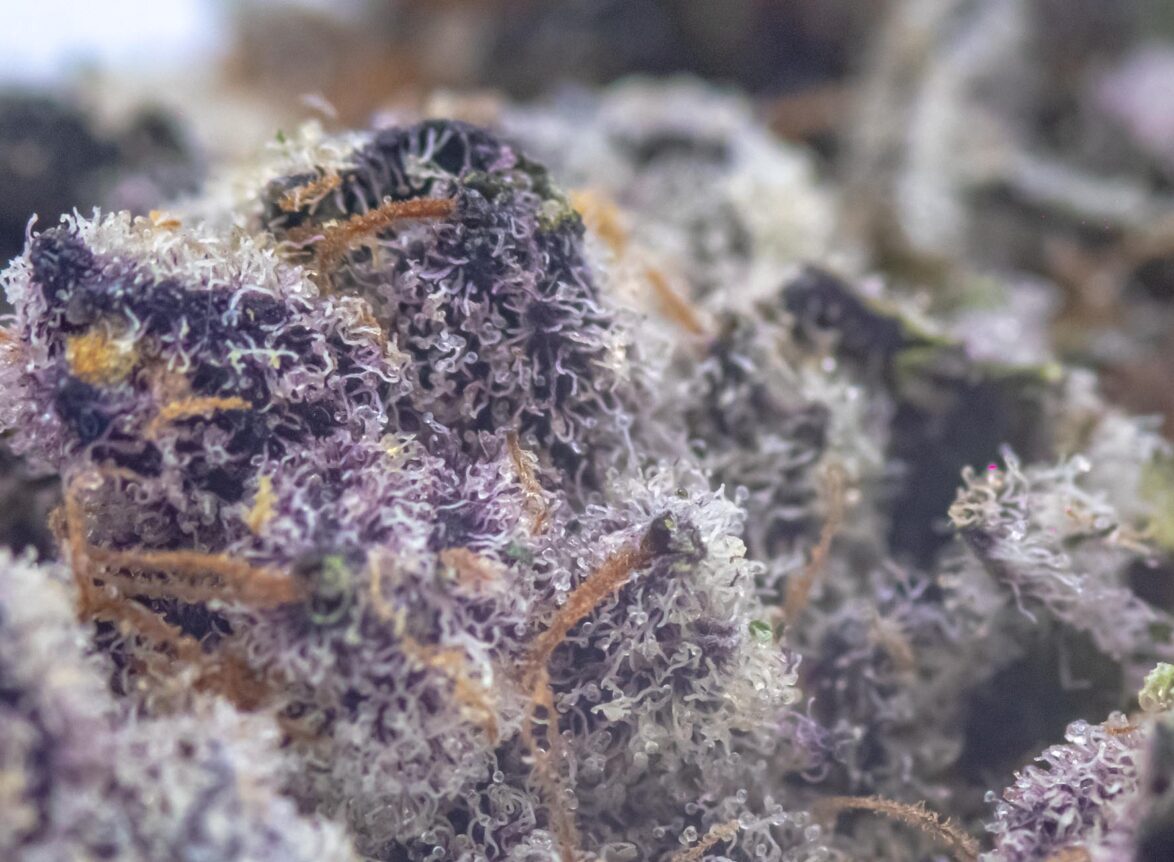Struggling with sleepless nights? You’re not alone. Millions of people worldwide suffer from insomnia or other sleep disorders. While there are various remedies available, cannabis has emerged as a popular natural alternative for promoting restful sleep. This blog post explores how cannabis can be an effective sleep aid, the benefits it offers, and what to consider when using cannabis products for sleep.
How Cannabis Aids Sleep
Cannabis contains several compounds, but the two most notable are THC (tetrahydrocannabinol) and CBD (cannabidiol). Each plays a unique role in affecting sleep:
- THC: This psychoactive component is known for its sedative effects, which can help you fall asleep faster. Studies have shown that THC can reduce the time it takes to fall asleep and may increase the total amount of sleep, especially in the deeper sleep stages.
- CBD: Unlike THC, CBD is not psychoactive and is often praised for its calming and anti- anxiety properties. CBD can help manage stress and anxiety, common culprits of sleep disturbances. Additionally, it can improve sleep quality by reducing REM sleep disturbances, allowing for more restorative sleep.
Benefits of Using Cannabis for Sleep
- Natural Alternative: Cannabis offers a natural alternative to over-the-counter and prescription sleep medications, which often come with a host of side effects and potential for dependency.
- Improved Sleep Quality: Users often report not only falling asleep faster but also experiencing deeper, more restorative sleep. This is crucial for overall health, as deep sleep is when the body undergoes repair and regeneration.
- Reduced Nightmares: THC is known to reduce the time spent in REM sleep, which is when nightmares occur. This can be particularly beneficial for individuals with PTSD, who often suffer from frequent, disturbing dreams.
- Pain Relief: For those whose sleep issues are related to chronic pain, cannabis can provide significant relief. Both THC and CBD have pain-relieving properties that can help improve sleep for those dealing with conditions like arthritis, fibromyalgia, and other chronic pain disorders.
Considerations When Using Cannabis for Sleep
Strain Selection: Not all cannabis strains are created equal. Indica strains are typically more sedating and are recommended for nighttime use, while Sativa strains are more energizing and better suited for daytime use. Hybrid strains can offer a balance depending on their specific genetic
makeup. Choosing an Indica strain can promote a calm and sedated state, ideal for sleep.
Dosage: Starting with a low dose is crucial, especially if you’re new to cannabis. Too much THC can actually have the opposite effect, increasing anxiety and making it harder to fall asleep. Gradually increase your cannabis dosage until you find the amount that works best for you.
Consumption Method: There are various ways to consume cannabis, including smoking, vaping, edibles, and tinctures. Cannabis edibles and tinctures might be more suitable for sleep as they offer longer-lasting effects compared to smoking or vaping.
Timing: Timing your cannabis intake is important. For example, taking an edible an hour before bed allows enough time for the effects to kick in, whereas smoking or vaping can be done closer to bedtime due to their quicker onset of effects.
Conclusion
Cannabis offers a promising natural alternative for those struggling with sleep issues. With its ability to reduce sleep latency, improve sleep quality, and alleviate pain, many are finding relief where traditional sleep aids have failed. By carefully selecting the right strain, dosage, and consumption method, you can harness the benefits of cannabis for a restful night’s sleep.
Always consult a healthcare professional to ensure it’s the right option for you and to navigate any potential side effects.







Leave a comment
Your email address will not be published. Required fields are marked *